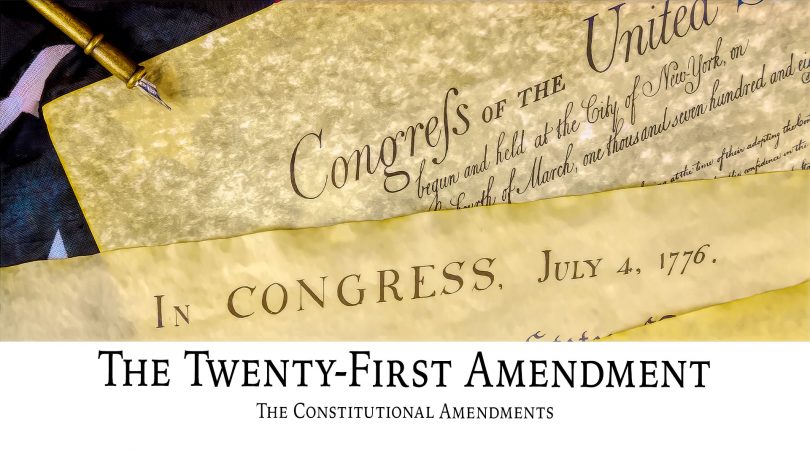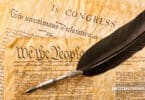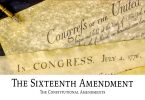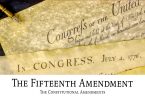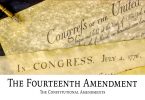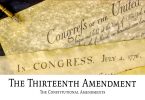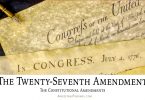The 21st Amendment to the US Constitution was adopted to repeal the 18th Amendment. These are, respectively, the only amendments that repealed another amendment, and the only amendment to be repealed. The 18th Amendment had prohibited the sale, manufacture, or transportation of alcoholic beverages in the United States. It did not have the intended effect, which was to reduce drinking, and to reduce drinking-related crime.
Summing up the best reason to repeal the 18th Amendment, industrialist John D. Rockefeller wrote:
“When Prohibition was introduced, I hoped that it would be widely supported by public opinion and the day would soon come when the evil effects of alcohol would be recognized. I have slowly and reluctantly come to believe that this has not been the result. Instead, drinking has generally increased; the speakeasy has replaced the saloon; a vast army of lawbreakers has appeared; many of our best citizens have openly ignored Prohibition; respect for the law has been greatly lessened; and crime has increased to a level never seen before.”
The 21st Amendment was proposed by Congress in February of 1933, and adopted to the US Constitution on December 5, 1933.
What Does it Say?
“Section 1. The eighteenth article of amendment to the Constitution of the United States is hereby repealed.
Section 2. The transportation or importation into any State, Territory, or possession of the United States for delivery or use therein of intoxicating liquors, in violation of the laws thereof, is hereby prohibited.
Section 3. This article shall be inoperative unless it shall have been ratified as an amendment to the Constitution by conventions in the several States, as provided in the Constitution, within seven years from the date of the submission hereof to the States by the Congress.”
What Does it Mean?
When the 18th Amendment was adopted to the US Constitution in 1919, it was the result of years of lobbying by the people in the temperance movement. The people in this movement thought most of the problems of American society could be attributed to drinking. They had a powerful and generously supported and funded lobby, so they had a lot of influence with politicians.
Yet, outlawing alcoholic beverages did NOT stop people from drinking. They merely moved the activity underground. One of the unfortunate effects of outlawing alcohol was that it gave rise to organized crime in the United States. The mafia got its start in this country that way.
Organized crime groups made great profits off of the huge demand for alcohol on the black market. By the time the 1920s rolled around, it was already clear that enforcing Prohibition was going to be difficult. In fact, the entire Prohibition law was unenforceable. People soon began demanding that the amendment be repealed.
The first section of the 21st Amendment repeals the 18th Amendment. The second part of the 21st Amendment bans importing alcoholic beverages into US states and territories that already had their own, pre-Prohibition laws outlawing those beverages. So, even after the 21st Amendment was adopted, there were still some states and territories that made manufacturing and even consuming alcohol illegal. These places were known as “dry states.”
Essentially, the 21st Amendment made alcoholic beverages legal again at the federal level, but allowed states to make these beverages illegal on the state level.
There were several dry states for the next few decades. People who wanted alcohol had to go to a state that was not dry. It took until 1966 for all of the dry states to repeal their anti-alcohol laws (Mississippi was the last dry state to legalize alcohol in its borders). Some states that repealed their anti-alcohol laws have allowed local counties and cities to make their own alcohol laws, so even today, there are “dry counties” and “dry cities” (or “dry towns”) in some parts of the United States.

